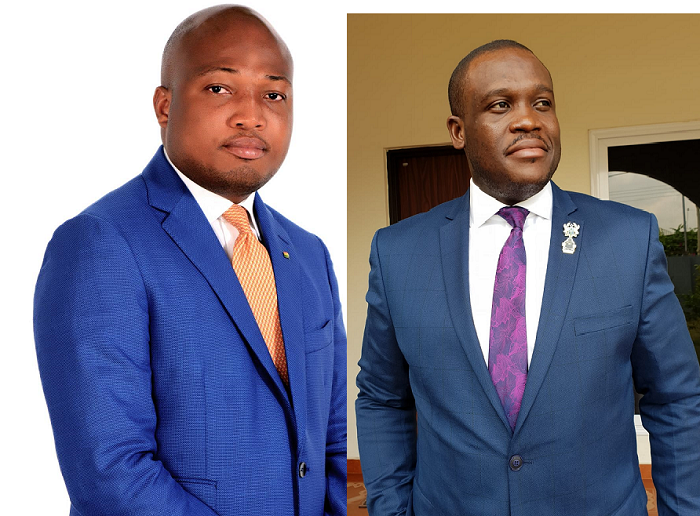ARTICLE AD
The Minister-Designate for Local Government, Chieftaincy, and Religious Affairs, Ahmed Ibrahim, has pledged to prioritise massive revenue generation from property taxes to enhance development across Metropolitan, Municipal, and District Assemblies (MMDAs) if approved.
He noted that efficient resource mobilisation through these measures would generate substantial funds to meet development target, across districts and municipalities.
Mr Ibrahim made these assertions when he appeared before Parliament’s Appointments Committee yesterday.
According to him, the potential of property rates remains untapped, and leveraging this resource could transform local economies.
“Since 2009, all Ministers of Local Government have complained about property rates. The potential is mind-blowing. Proper rates are the quickest and fastest way of generating revenue at the district level, and I will focus more on that with the support of traditional leaders,” he said.
He explained that the success of this initiative hinges on transparency and accountability.
According to him, involving chiefs, community members, and opinion leaders in the process will ensure that citizens understand how revenues are generated and utilised.
“If you practice a bit of accountability, it will help improve revenue generation. People will willingly pay what they are supposed to, knowing it will be used for the development of their districts,” he added.
Mr Ibrahim noted that the lack of adequate human resources at the MMDAs remained a significant challenge, but assured that strategies would be developed to address this issue.
He said one solution would be collaborating with stakeholders to establish the University of Local Government Studies to help in efforts to strengthen human capital in that areas.
On economic development, he emphasised that MMDCEs play a critical role in local economic transformation and pledged to work closely with them to align with the President’s vision for economic growth.
“Development of the economy is one of the core mandates of the MMDCEs. Once given the nod, I will team up with them to improve the economy strategically,” he said.
Addressing concerns about the District Road Improvement Programme (DRIP), Mr Ibrahim described it as a laudable initiative that failed to materialise due to “politicisation and the absence of proper structures.”
He explained that he would prioritise establishing the necessary committees, agreements, and management systems to revive the programme.
“If we can put everything together and solve Ghana’s problems, the problems will be solved,” he noted.
He also assured the Committee of his commitment to ensuring harmony between Members of Parliament and District Chief Executives (DCEs).
According to him, no DCE under his watch will disrespect any MP, adding that collaboration was essential for effective governance.
In furtherance, he stated that when approved, he would adopt an “unofficial” policy of administrative continuity by engaging former Ministers of Local Government and other experts to leverage their knowledge and experience.
According to him, this approach would help strengthen governance and enhance the effectiveness of District Chief Executives (DCEs), moving away from the perception that they are merely ceremonial figures in their jurisdictions.
Mr Ibrahim, a longstanding Member of the Parliamentary Committee on Local Government, reaffirmed his dedication to addressing the resource constraints and challenges facing the MMDAs.
BY RAISSA SAMBOU

 3 hours ago
3
3 hours ago
3 

